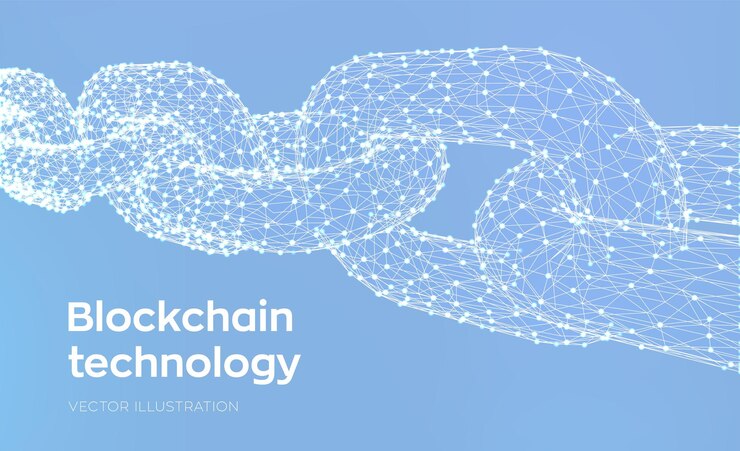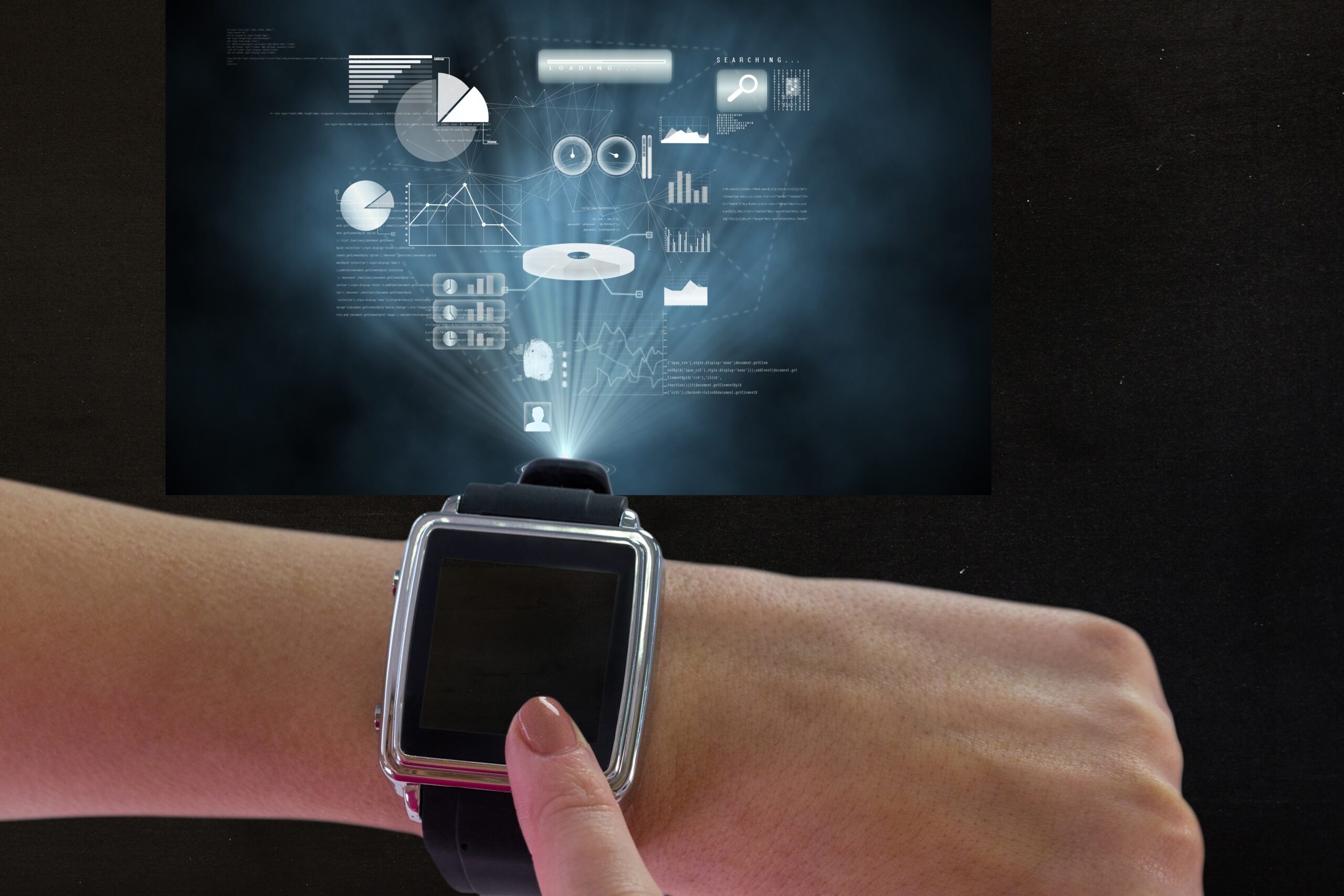Science and technology have been integral to human progress, driving advancements that shape our daily lives and the world around us. From the early days of human civilization to the modern era, the evolution of science and technology has been a fascinating journey. This article delves into their significance, historical development, and transformative impact on society.
The Historical Development of Science and Technology
The roots of science and technology can be traced back to prehistoric times when early humans created tools to hunt, gather food, and build shelter. The discovery of fire and the invention of the wheel marked pivotal moments in technological evolution. These early advancements laid the foundation for complex societies.
The ancient civilizations of Mesopotamia, Egypt, China, and India made significant scientific and technological contributions. The Babylonians developed early forms of mathematics and astronomy, while the Egyptians excelled in engineering, building monumental structures like the pyramids. In China, inventions such as paper, gunpowder, and the compass revolutionized various aspects of life. Meanwhile, Indian mathematicians introduced concepts like zero and the decimal system, which became crucial for modern mathematics.
The classical era witnessed remarkable strides in science and philosophy. Greek philosophers like Aristotle and Archimedes made groundbreaking contributions to physics, biology, and mechanics. The Romans, on the other hand, focused on engineering and infrastructure, constructing aqueducts, roads, and public buildings that have stood the test of time.
The Middle Ages, often referred to as the “Dark Ages” in Europe, saw slower scientific progress. However, the Islamic Golden Age (8th to 14th centuries) became a beacon of scientific innovation. Scholars like Al-Khwarizmi (the father of algebra) and Ibn Sina (Avicenna) advanced fields such as mathematics, medicine, and astronomy. The translation of Greek and Roman texts into Arabic preserved and expanded upon ancient knowledge.
The Renaissance (14th to 17th centuries) marked a revival of science and innovation in Europe. Figures like Galileo Galilei, Nicolaus Copernicus, and Leonardo da Vinci challenged traditional beliefs and laid the groundwork for modern scientific inquiry. The invention of the printing press by Johannes Gutenberg facilitated the dissemination of knowledge, accelerating scientific progress.
The Industrial Revolution and Beyond
The Industrial Revolution (18th to 19th centuries) was a turning point in the history of science and technology. It introduced mechanization, transforming agriculture, manufacturing, and transportation. Inventions like the steam engine, spinning jenny, and telegraph revolutionized industries and communication.
The 19th and 20th centuries witnessed an explosion of scientific discoveries and technological innovations. The fields of physics, chemistry, biology, and medicine experienced rapid advancements. Milestones such as Charles Darwin’s theory of evolution, Marie Curie’s research on radioactivity, and Albert Einstein’s theory of relativity reshaped our understanding of the natural world.
Technological progress in the 20th century was unprecedented. The invention of the airplane, automobile, and computer revolutionized transportation and communication. The discovery of antibiotics, vaccines, and advanced surgical techniques significantly improved healthcare and life expectancy. The space race culminated in the Apollo 11 mission, landing humans on the moon in 1969.
The Digital Revolution
The advent of the digital age in the late 20th century marked a new era of technological transformation. The development of the internet, personal computers, and smartphones revolutionized how we communicate, work, and access information. The rise of artificial intelligence (AI), machine learning, and big data analytics has further propelled innovation across various sectors.
Today, technology influences every aspect of our lives. Social media platforms connect billions of people worldwide, while e-commerce has transformed how we shop. Innovations in renewable energy, biotechnology, and nanotechnology promise to address global challenges such as climate change, food security, and disease prevention.
The Role of Science and Technology in Society
Science and technology have a profound impact on society, shaping cultural, economic, and political landscapes. They drive economic growth by creating new industries and job opportunities. For example, the IT sector has become a cornerstone of modern economies, generating trillions of dollars in revenue annually.
In healthcare, technological advancements have led to life-saving treatments and improved quality of life. Telemedicine, wearable health devices, and precision medicine are transforming patient care. Meanwhile, scientific research continues to unravel the mysteries of diseases like cancer and Alzheimer’s, paving the way for innovative therapies.
Education has also been revolutionized by technology. Online learning platforms, virtual classrooms, and educational apps have made knowledge accessible to millions, breaking down geographical and financial barriers. Science and technology empower individuals to acquire new skills and adapt to the ever-changing job market.
Moreover, science and technology play a crucial role in addressing global challenges. Climate change, one of the most pressing issues of our time, requires innovative solutions to reduce greenhouse gas emissions and transition to sustainable energy sources. Advances in renewable energy technologies, such as solar panels and wind turbines, are helping mitigate environmental impacts.
In agriculture, technologies like precision farming, genetic engineering, and vertical farming are enhancing food production and sustainability. These innovations are critical in meeting the demands of a growing global population while conserving natural resources.
Ethical and Social Considerations
While the benefits of science and technology are undeniable, they also raise ethical and social concerns. Issues such as data privacy, cybersecurity, and the digital divide highlight the need for responsible innovation. The rapid pace of technological change often outpaces regulatory frameworks, creating challenges in governance and accountability.
Artificial intelligence and automation, for instance, have sparked debates about job displacement and economic inequality. As machines take over routine tasks, there is a growing need to reskill the workforce and ensure equitable access to opportunities. Similarly, the ethical implications of genetic engineering and AI-powered surveillance systems require careful consideration.
The Future of Science and Technology
The future of science and technology holds immense promise. Emerging fields like quantum computing, synthetic biology, and space exploration are poised to revolutionize industries and expand human horizons. Quantum computers could solve complex problems beyond the capabilities of classical computers, while synthetic biology may enable the creation of new materials and medicines.
Space exploration is entering a new phase with the rise of private companies like SpaceX and Blue Origin. Missions to Mars, asteroid mining, and the establishment of lunar colonies are becoming tangible goals. These endeavors not only expand our knowledge of the universe but also inspire future generations to dream big.
As we look ahead, it is crucial to ensure that scientific and technological advancements align with ethical principles and societal values. Collaboration between governments, academia, industry, and civil society will be essential in fostering innovation that benefits all of humanity.
Conclusion
Science and technology have been the driving forces behind human progress, transforming societies and improving lives. From the invention of the wheel to the digital revolution, their evolution reflects humanity’s quest for knowledge and innovation. As we navigate the complexities of the modern world, embracing science and technology with responsibility and foresight will be key to building a sustainable and equitable future.



